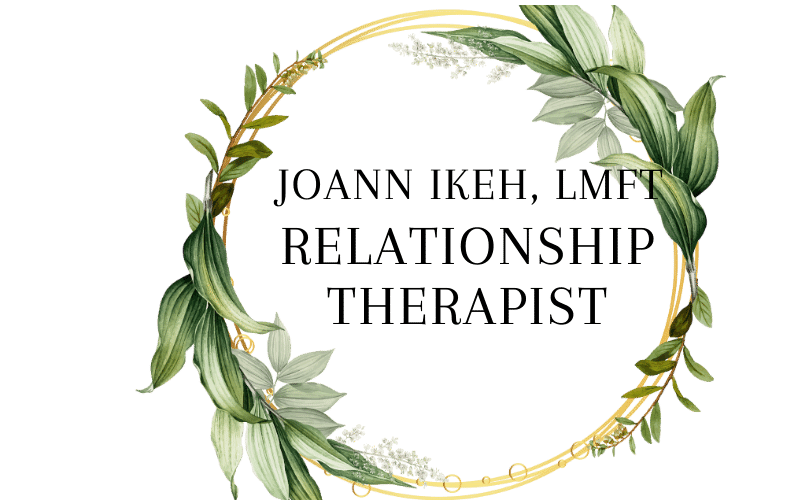Understanding the ADHD Anger Spiral and Its Impact on Relationships
What Is an ADHD Anger Spiral?
An ADHD anger spiral refers to a sudden, intense emotional reaction that builds rapidly—often out of proportion to the situation—and can be difficult to regulate. People with ADHD often experience emotional dysregulation, a lesser-known but common symptom that causes emotions to escalate quickly and subside slowly.
This spiral typically begins with a trigger—a perceived slight, frustration, or stress—and escalates into full-blown anger or even rage. The person may yell, shut down, say things they don’t mean, or act impulsively before calming down, often followed by guilt or shame.
Why ADHD Makes Anger Harder to Manage
ADHD affects the brain's executive function, which is responsible for self-regulation, impulse control, and emotional balance. When this system is overwhelmed:
Minor frustrations feel like major threats.
The fight-or-flight response kicks in too quickly.
Logical thinking shuts down.
The person may lash out or withdraw, struggling to explain why.
This response isn't a character flaw—it's neurological. But if unmanaged, it can damage close relationships.
How the ADHD Anger Spiral Affects Relationships
1. Erodes Trust and Safety
Repeated anger spirals can leave partners, family members, or friends feeling like they're walking on eggshells. Even when apologies follow, it can be hard to rebuild trust if outbursts become a pattern.
2. Causes Miscommunication
When emotions run high, communication suffers. Instead of calmly expressing needs or frustrations, anger may take over. This can lead to misunderstandings, arguments, and emotional distance.
3. Triggers Anxiety in Loved Ones
Loved ones may develop anxiety or resentment, unsure of when the next outburst will occur. Over time, this emotional toll can lead to emotional burnout or even separation.
4. Creates Cycles of Guilt and Shame
After an anger spiral, the person with ADHD often feels guilt, shame, or confusion, especially if they can’t explain why they reacted the way they did. This emotional hangover can cause withdrawal and make conflict resolution harder.
Signs You Might Be Experiencing an ADHD Anger Spiral
Overreacting to small annoyances
Feeling rage build quickly and suddenly
Shouting or becoming aggressive during arguments
Feeling regret or shame afterward
Apologizing frequently for emotional outbursts
Avoiding conversations out of fear of conflict
Strategies to Break the ADHD Anger Spiral
1. Learn to Recognize Early Signs
Track what situations trigger your spirals. Awareness is the first step to prevention.
2. Pause Before Reacting
Create a pause between feeling and reacting. Try counting to 10, deep breathing, or walking away briefly.
3. Use Safe Words or Signals
In relationships, agree on a "pause word" to stop heated discussions before they spiral.
4. Practice Emotional Regulation Techniques
Cognitive behavioral therapy (CBT), mindfulness, and ADHD coaching can help build emotional resilience.
5. Communicate Openly with Loved Ones
Explain how ADHD affects your emotions. Validate their feelings and work together to set boundaries and expectations.
How Partners and Loved Ones Can Support Without Enabling
If you're in a relationship with someone who has ADHD and experiences anger spirals:
Stay calm, but firm. Set clear boundaries.
Encourage your partner to seek support or therapy.
Don’t take outbursts personally—they’re about emotional overload, not you.
Take care of your own mental health too. Therapy or support groups can help.
Final Thoughts: Healing Takes Time, but It’s Possible
Managing the ADHD anger spiral requires self-awareness, patience, and consistent support. While these emotional storms can be disruptive, they don’t have to define your relationships. With the right tools, understanding, and communication, couples and families can build stronger, more compassionate bonds.
If you could use some help managing your ADHD anger spirals or manage your reactions to your partners spirals I may be able to help if you are in Virginia, Florida or California book a free consult to learn more.



